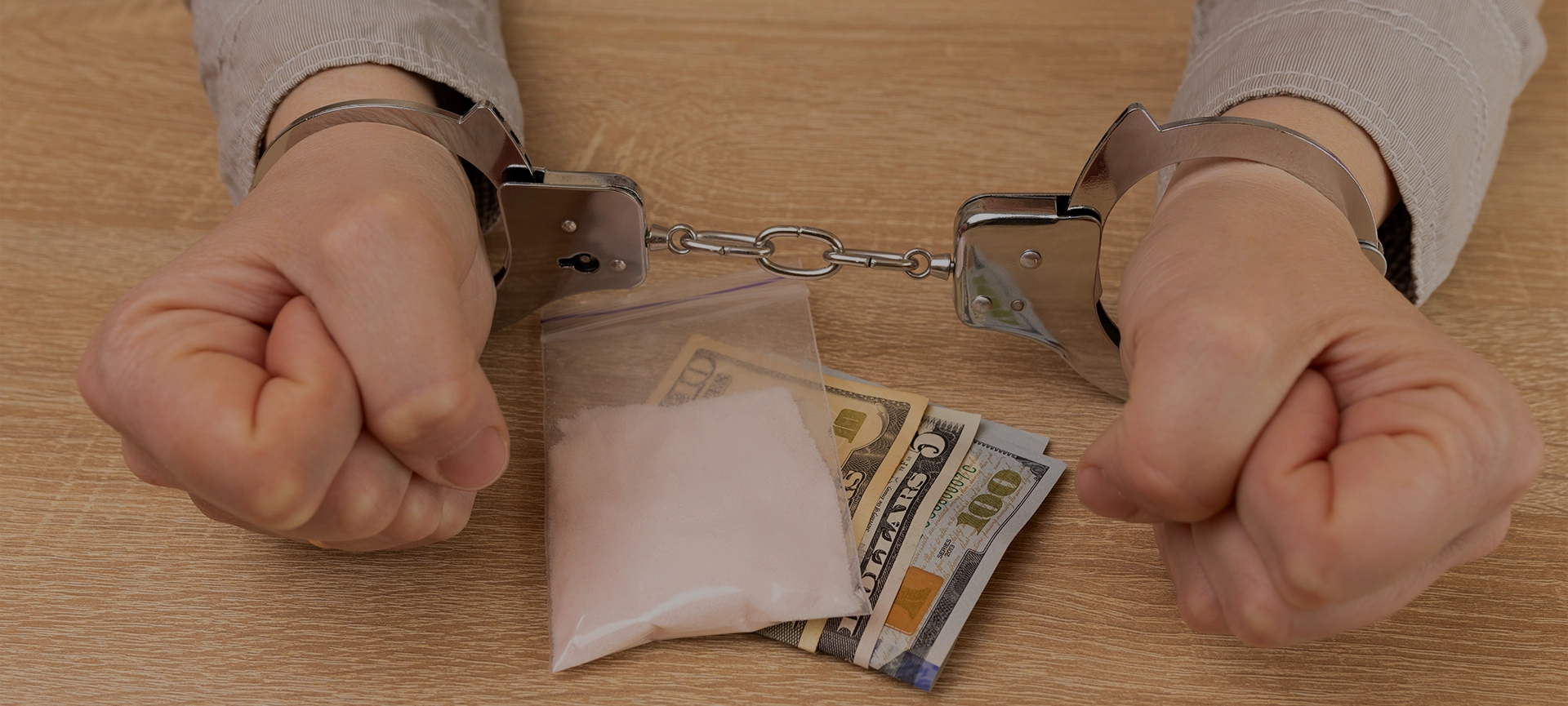A teenager shooting hoops nets a fine. A man walking his dog gets dinged for where he’s standing. And a father rollerblading alone with his three sons has a run-in with a bylaw officer.
“Who are we hurting?” Oakville, Ont., father Todd Nelson remembers asking the bylaw officer who told him he couldn’t rollerblade with his sons in an empty parking lot on April 10.
“He said, ‘Oh, you’re not going to be like that, are you?’ And I said, ‘I’m just asking a question,’” Nelson told Global News. “And that was it. He said, ‘Give me your ID,’ and next thing you know, we got a ticket.”
[…]
In the same way that not everyone is on a level playing field when it comes to practising physical distancing, Michael Spratt says not all public health order violations are created equally.
Spratt, a criminal lawyer and partner at Abergel Goldstein & Partners in Ottawa, divvies the offences up into a few categories.
The first is the “honest mistake,” which he says would include the immigrant father who doesn’t speak English well enough to understand the signs banning use of the playground.
“That is someone who should be warned and educated,” Spratt says, but instead, he got fined.
Then there is the “inadvertent” category, he says, which includes two friends sitting six feet apart on a park bench, consoling each other from a distance after losing their jobs.
“They were charged despite the fact that they were trying to socially distance,” Spratt says.
The third category is the basketball-playing kids, he says, the kind who get caught playing basketball in groups bigger than five, get warned and disperse, only to come back and keep playing.
“This is more flagrant… they clearly understand that they’re not supposed to be doing what they’re doing, but their intent isn’t one of malice,” Spratt says.
So while technically it’s an offence, he’d encourage caution before hitting them with a fine, as police in Peterborough, Ont., did at the end of March and bylaw officers in Kitchener, Ont., did earlier this month.
“Charges aren’t going to deter others in this case, and it risks disenfranchising the public buy-in when they see this type of enforcement,” Spratt says.
Still, he notes, “all of those cases stand in contrast to cases where individuals are taking these actions with malice, with full recognition of the danger.” Think the person who licked their hands before touching items in a pharmacy.
[…]
Read Have Gerster and Andrew Russell’s full article: Global News




